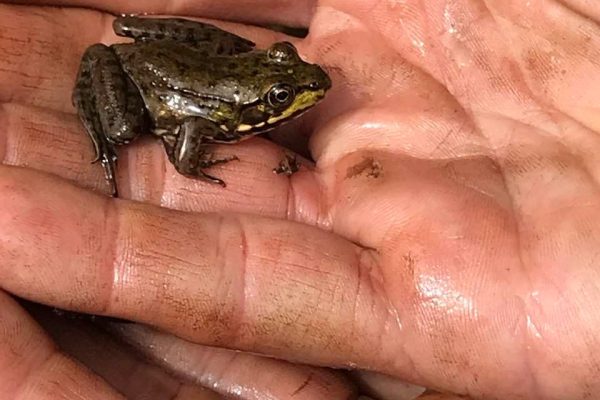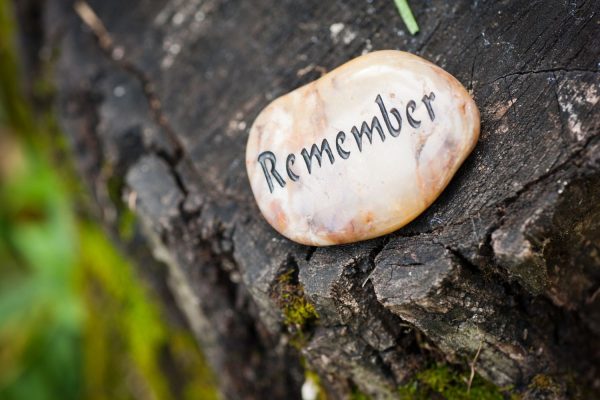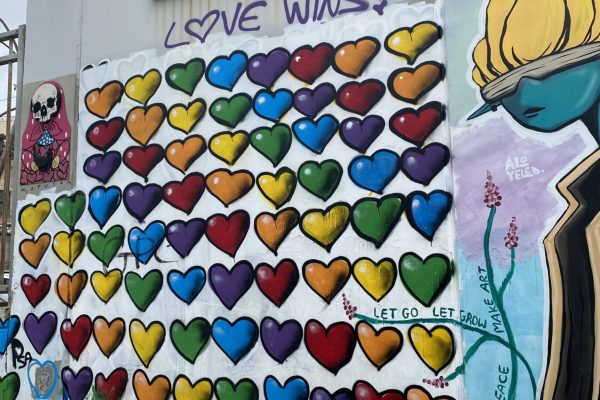Today the Four Children are a Zionist,
a Palestinian solidarity activist, a peacenik, and
one who doesn’t know what to even dream.
a Palestinian solidarity activist, a peacenik, and
one who doesn’t know what to even dream.
The Zionist, what does she say? Two thousand years
we dreamed of return. “Next year in Jerusalem”
is now, and hope is the beacon we steer by.
we dreamed of return. “Next year in Jerusalem”
is now, and hope is the beacon we steer by.
The solidarity activist, what do they say?
We know the heart of the stranger. To be oppressors
is unbearable. Uplift the downtrodden.
We know the heart of the stranger. To be oppressors
is unbearable. Uplift the downtrodden.
The peacenik, what does he say? We both love this land
and neither is leaving. We’re in this together.
Between the river and the sea two peoples must be free.
and neither is leaving. We’re in this together.
Between the river and the sea two peoples must be free.
And the one who doesn’t know what to even dream:
feed that one sweet haroset, a reminder that
building a just future has always been our call.
feed that one sweet haroset, a reminder that
building a just future has always been our call.
All of us are wise. None of us is wicked.
(Even the yetzer ha-ra is holy—without it
no art would be made, no future imagined.)
(Even the yetzer ha-ra is holy—without it
no art would be made, no future imagined.)
We are one people, one family. Not only
because history’s flames never asked what kind
of Jew one might be, but because
because history’s flames never asked what kind
of Jew one might be, but because
the dream of collective liberation is our legacy.
We need each other in this wilderness.
Only together can we build redemption.
We need each other in this wilderness.
Only together can we build redemption.
For more Passover 2024 resources by Rabbi Barenblat and Trisha Arlin, Joanne Fink, R. Dara Lithwick, R. David Evan Markus, R. Sonja Keren Pilz, Steve Silbert, and R. David Zaslow, see A Broken Matzah here.











